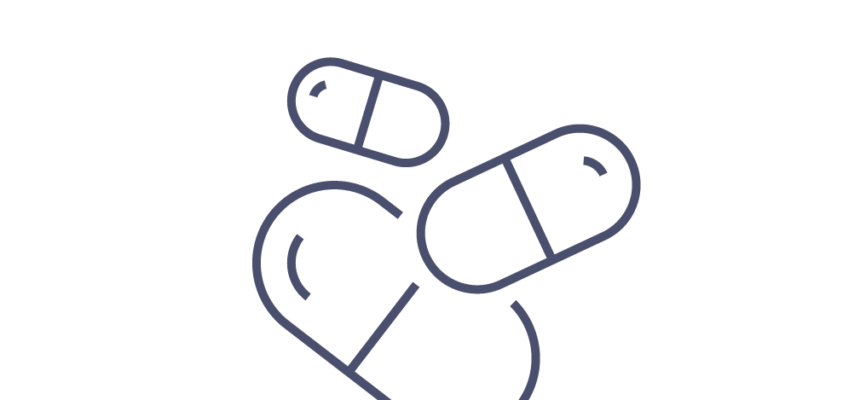
Signs and Symptoms of Fentanyl Abuse
As with most addictions, there are several telltale signs and symptoms that you or someone you know is suffering from fentanyl abuse. Here are some of the most common physical, mental, and behavioral symptoms that the drug can cause.
Using fentanyl over a period of time usually leads to increased cravings. This is because the brain and body build a tolerance, which means larger amounts are needed to obtain the same effects. Heavy use of fentanyl can cause swelling of the hands and feet, along with fatigue, dizziness, and digestive problems.
Fentanyl abuse can also negatively impact cognitive function, especially if used for a long period of time. The longer someone uses the drug, the more likely they are to suffer from treatment-resistant depression. Fentanyl also causes difficulty concentrating, confusion, and the inability to stay focused.
People who once followed a daily routine will find that the drug becomes their top priority. Those who abuse fentanyl are unable to hold a job and pay bills. They also lose interest in maintaining relationships, along with hobbies that were once enjoyable.
The only way to overcome the signs and symptoms of fentanyl abuse is to stop using. However, people who try to quit find that they are psychologically and physically addicted to the drug. Not taking it can cause various withdrawal symptoms, including joint and muscle pain, breathing problems, weakness, restlessness, and tremors.
If you or a loved one is abusing or addicted to fentanyl, Yellowstone Recovery is here to help. We offer low-cost addiction treatment, including detox, residential, intensive outpatient, and other programs. Visit YellowstoneRecovery.com to learn more about our services.









